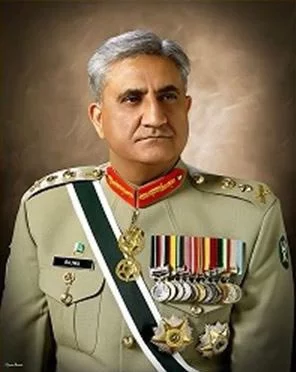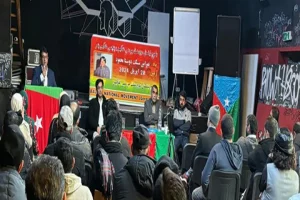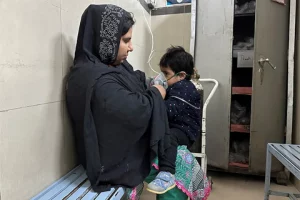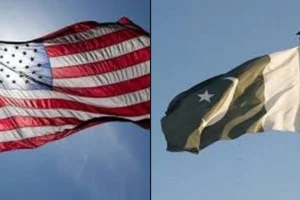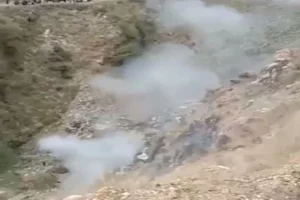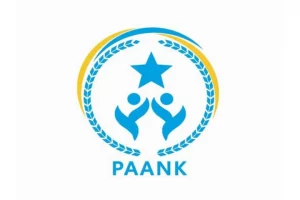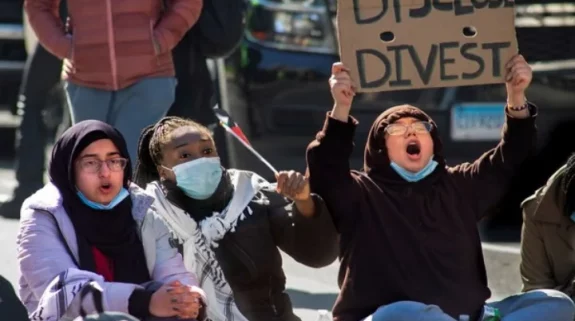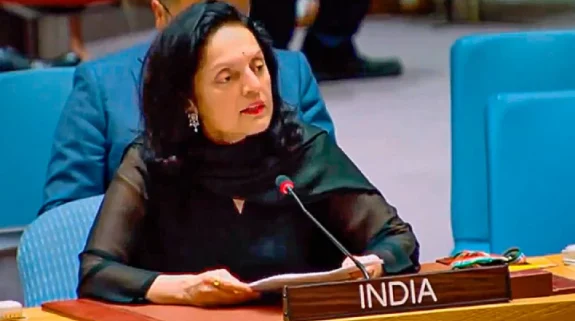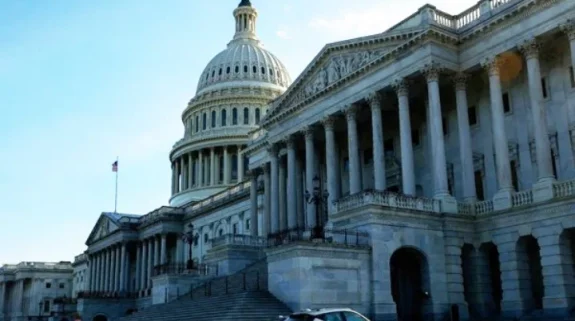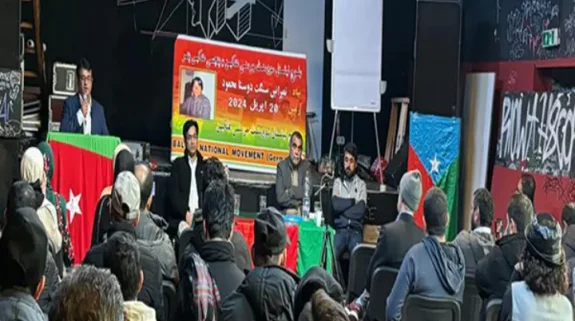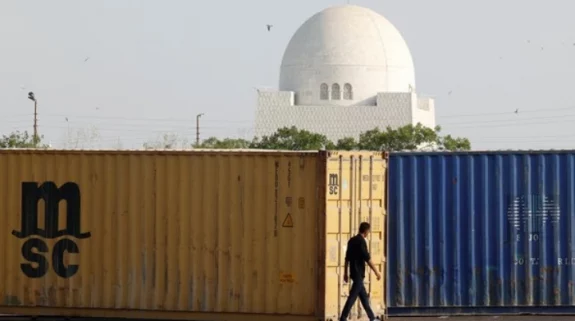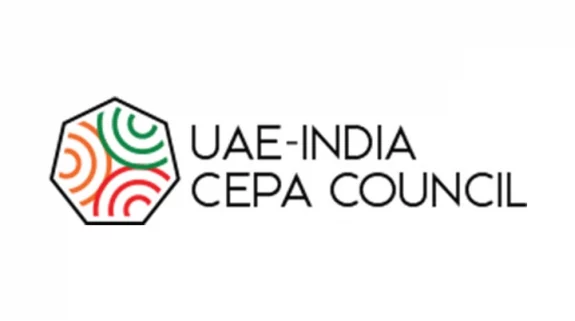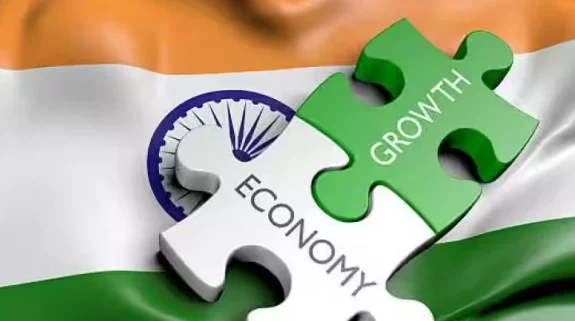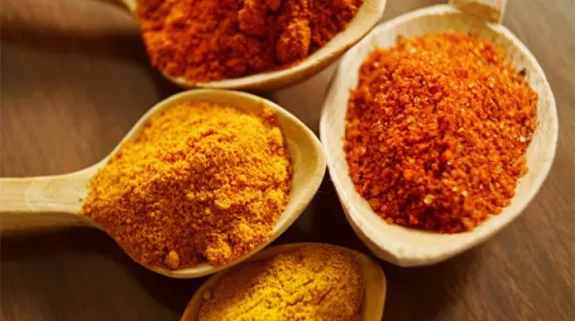Despite the Pakistani army’ repeated refusal to intervene in the country’s ongoing political drama, senior leaders of former premier Imran Khan’s Pakistan Tehreek-e-Insaf (PTI) party have been requesting the military establishment to step in.
In the recent case, the Punjab governor Omar Sarfraz Cheema, a close confidant of Imran Khan, wrote a letter to the Pakistani army chief, General Qamar Javed Bajwa, requesting him to play a defining role in the current chaotic times.
It has been a month since Prime Minister Shehbaz Sharif's son, Hamza Sharif, was elected the chief minister of Punjab after voting out PTI’s government. But governor Cheema has been refusing to administer the oath to Hamza Sharif despite court orders.
“If General Bajwa provides me with one subedar and four army jawans, I will personally get the unconstitutional, illegal and fake chief minister (Hamza Shehbaz) arrested and throw him in jail,” tweeted the governor Cheema.
اگر آرمی چیف صاحب مجھے صرف ایک صوبیدار اور چار فوج کے جوان ہی مہیا کردیں
تو میں خود اس غیر آئینی وغیر قانونی جعلساز وزیراعلی کو گرفتار کرواکے جیل میں ڈلواؤں گا انشاءاللہ #GherAiniWazirealaNamanzoor
— Omar Sarfraz Cheema (@OmarCheemaPTI) May 5, 2022
The speaker of the provincial Punjab assembly administered the oath to Hamza Sharif on April 30 but governor Cheema refused to accept the resignation of the previous chief minister Usman Buzdar, another favourite of Imran Khan.
According to political analysts, Imran Khan and the Pakistani President Arif Alvi both are working on a specific agenda violating all constitutional norms.
“How can a governor write to the Pakistani army chief for intervention ? How can a man, holding a high constitutional office, invite the army's interference? Did he get a sign from within the institution or is it some sort of new drama of Imran Khan,” chairperson of the Human Rights Commission of Pakistan Hina Jilani told Dawn.
Interestingly, Cheema is not alone. Many senior leaders of Imran Khan’s PTI have been overtly and covertly appealing for military interference in the country since Imran Khan was ousted from power last month.
The former premier Imran Khan too had requested his one-time mentor, the Pakistani army, to save him in the wake of the opposition’s no-confidence motion against him. He cried, begged, threw tantrums but the army who had brought him to power in 2018, refused to bail him out.
In fact, the military establishment had advised him to ‘behave” and follow the democratic procedures.
According to Pakistani watchers, Imran Khan’s political message is greatly influenced by the anti-politics, anti-democracy and anti-human rights culture that generally prevails among Army officers and Khan is still trying to woo the army to his side through few of his favourite officers.
Since his ouster from power, Imran Khan has many times indicated that he not only knew that he enjoyed support from the army officers, he, in fact, seemingly made attempts to galvanise support amongst this constituency to put pressure from within the establishment. In one of his rallies, without naming General Bajwa, Khan said that “If someone has committed a mistake he should rectify it” by forcing a parliament election on the government. Imran Khan reportedly told his supporters that he would not accept the appointment of the new army chief in November if Shehbaz Sharif were to make such an appointment.
Meanwhile, another close confidant of Imran Khan and former minister of Human Rights, Shireen Mazari has shot a letter to the UN against appointment of Rana Sanaullah as the interior minister. Mazari, as a human rights minister of Pakistan never raised human rights violations in Pakistan by the state but was quick to write against new interior minister by saying that Shehbaz Sharif has appointed an “ally of terrorist groups” and an alleged killer as the interior minister.
Also Read : After Imran Khan's exit Pakistan goes back to its default position—mends fences with Saudi Arabia and UAE






